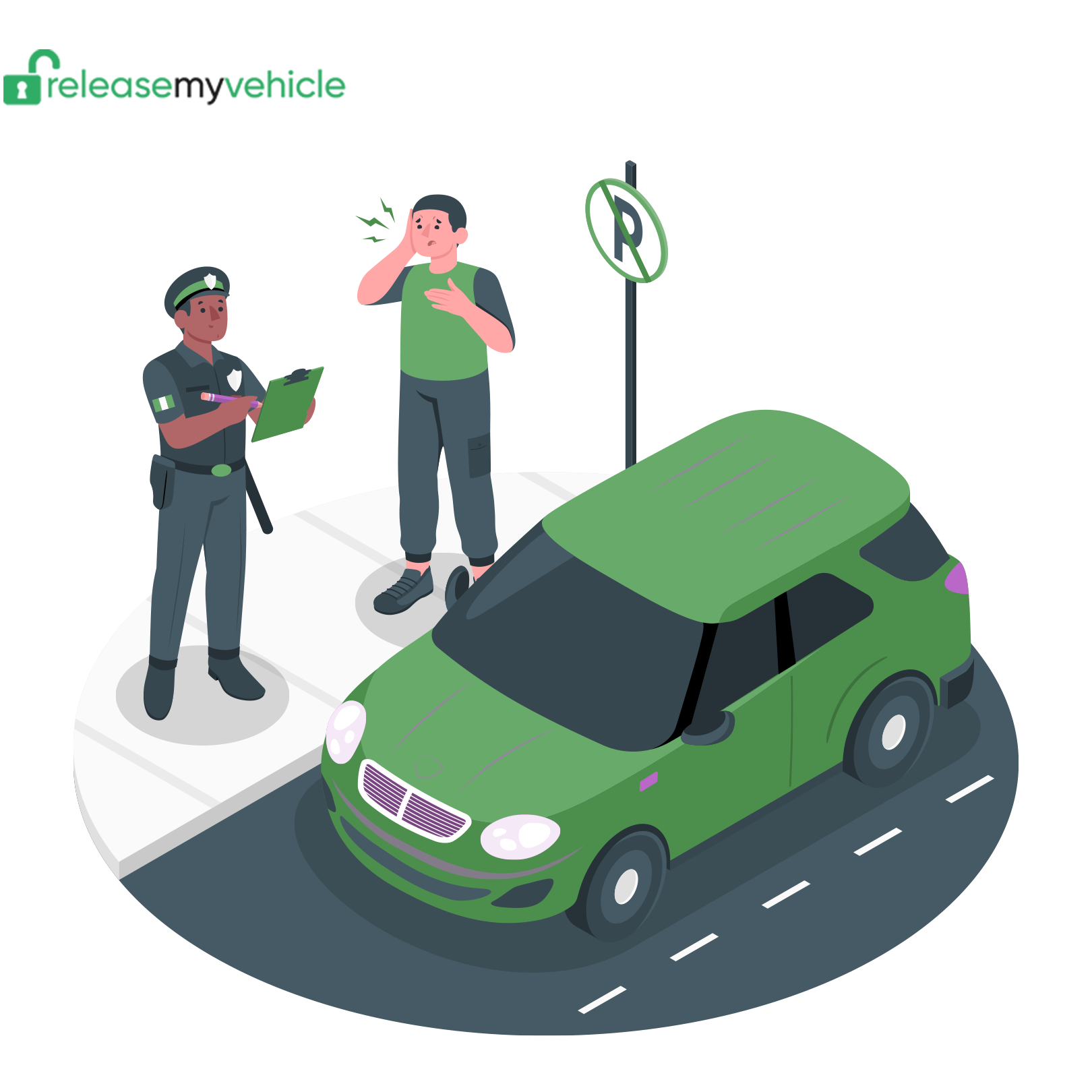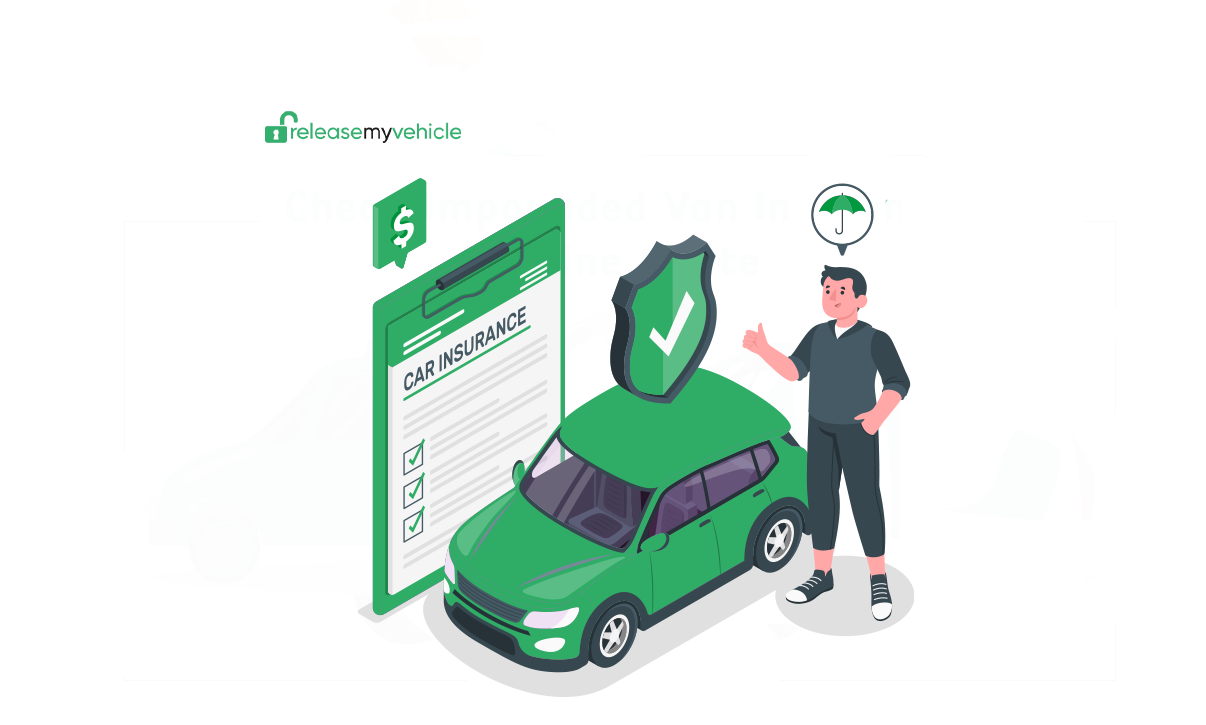
Most people consider themselves ‘law-abiding citizens, but it’s not uncommon for people to unknowingly commit driving offenses, and a recent survey revealed that millions of individuals believe they commit around 6 driving offenses per week. Among the most common driving offenses are those related to mobile phone usage while driving. In this context, Release My Vehicle provides information on different types of driving offenses, the penalties associated with them, and when it’s necessary to seek professional legal advice.
Most driving offenses that result in a fixed penalty notice are minor. The police can issue these notices either through the post or on the spot where the offense occurred. There are 2 types of fixed penalty notices: endorsable and non-endorsable.
An endorsable ticket means that you will receive points on your license for a period of 4 to 11 years, depending on the offense. You can choose to accept guilt by paying a fine and collecting the points, or you can receive a court summons where you can challenge the charge against you. Always search for advice from a solicitor before appearing in court.
Major Offenses
Offenses that are dealt with by a court are considered major. A major offense can result in a heavy fine, a prison sentence, a driving ban, and a criminal record.
Types of Offenses
1. Driving Without Wearing a Seatbelt
All passengers and drivers aged 14 and over must wear a seatbelt if one is available, unless exempt for medical reasons. The driver is responsible for ensuring that children wear a seatbelt or sit in a child’s car seat suitable for their weight and height. A driver not wearing a seatbelt could face a fine and penalty points. The driver will also receive a fine and points for children under 14.
2. Driving Without an MOT
Driving without a valid MOT invalidates car insurance, making you liable for repairs in the event of an accident. People often drive without an MOT due to a lack of awareness of the rules. You don’t have to wait until your MOT is nearly expired to get it done. You can have your vehicle MOT’d any time before it expires. You can drive your vehicle without an MOT if you are on your way to the test center. If your car fails the test, you cannot drive it unless last year’s MOT certificate is still valid.
3. Driving Without Insurance
Authorities allow police to catch uninsured vehicles. Penalties include fines, points on your license, and impoundment of your vehicle. Depending on the situation, your case could go to court, resulting in a heavy fine and a driving ban. If you are driving someone else’s vehicle, ensure you have insurance in place. If you are lending somebody your vehicle, check that they are insured too. Both car owners and drivers can be prosecuted if insurance is not in place.
4. Driving While Banned
With technology, it’s easy for police to detect banned drivers. Driving while banned is a serious offense with a strong possibility of a prison sentence of up to 18 months plus a heavy fine.
5. Using a Mobile While Driving
Using a mobile phone while driving is another serious offense that can lead to heavy fines, penalty points, and a potential driving ban if the case goes to court. Mobile phone detection cameras are now being used in most parts of the UK. Research shows that you are four times more likely to crash if you are using a mobile device while driving.
6. Overspeeding
Overspeeding is one of the most common driving offenses. Penalties include fines and penalty points. While many believe they will only be prosecuted if they surpass the speed limit by 10%, that is often not the case. Drivers who drive at 45% over the speed limit may have to attend a court hearing, where they can be issued a driving ban plus heavy fines.
Types of Penalties
Tailgating
Driving too close to another vehicle results in penalty points and fines. Maintain a minimum two-second gap between yourself and the car in front, and double it if the road is wet. Tailgating is considered careless driving.
Dangerous Driving
Dangerous driving is more serious in comparison to careless driving. It includes overtaking and racing against other vehicles. This driving offense can be taken to court if it is serious. The penalty can be a heavy fine or driving disqualification.
These convictions can result in your vehicle being impounded, and insurance premiums will be high. Some insurance brokers will refuse drivers with major driving convictions, like driving while drinking. However, there are insurance brokers who are experts in providing policies to drivers who have been convicted of major driving offenses.

Impound Vehicle Insurance

